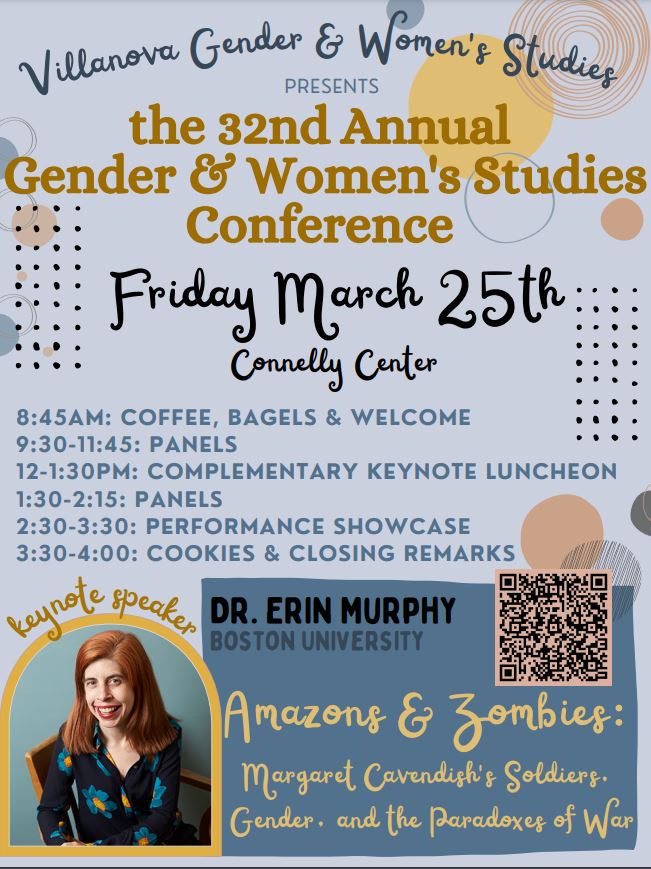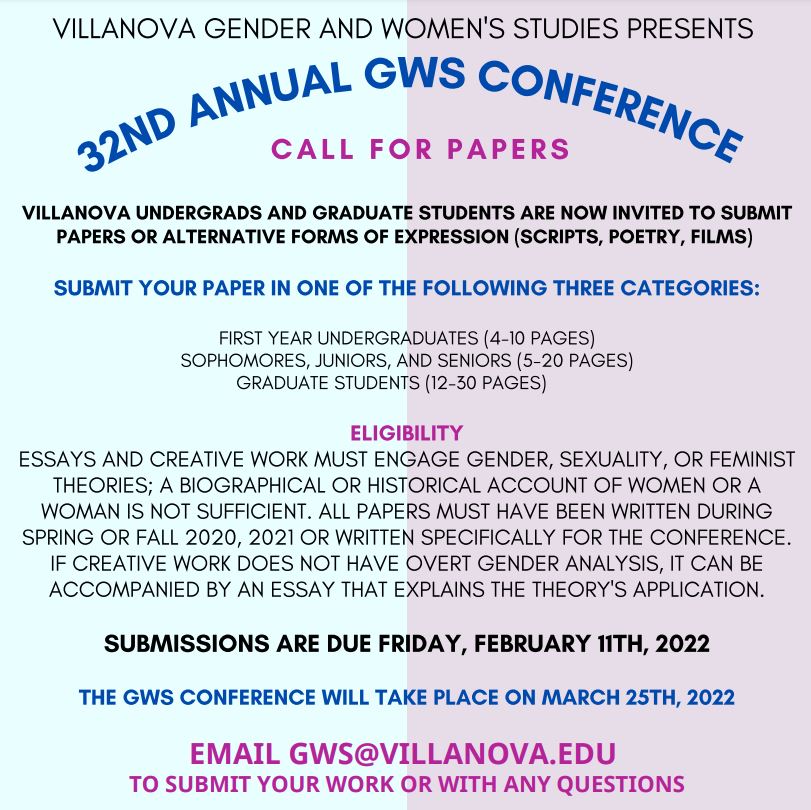5th ICTs and Society-Conference: The Internet and Social Media at a Crossroads: Capitalism or Commonism? Perspectives for Critical Political Economy and Critical Theory.
http://icts-and-society.net/events/5th-icts-and-society-conference/
Part of the ISIS Summit Vienna 2015: Information Society at a Crossroads: Response and Responsibility of the Sciences of Information
Vienna University of Technology.
Vienna, Austria
June 3-7, 2015.
The information society has come with the promise to restore information as a commons. The promise has not yet proven true. Instead, we face trends towards the commercialisation and commoditisation of all information; towards the totalisation of surveillance and the extension of the battlefield to civil society through information warfare; towards disinfotainment overflow; towards a collapse of the technological civilisation itself.
The Vienna Summit is a multi-conference and is at the same time the 5th ICTs and Society-Conference:
The Internet and Social Media at a Crossroads: Capitalism or Commonism? Perspectives for Critical Political Economy and Critical Theory
Given that the information society and the study of information face a world of crisis today and are at a crossroads, also the future of the Internet and social media are in question. The 5th ICTs and Society Conference therefore wants to focus on the questions: What are the main challenges that the Internet and social media are facing in capitalism today? What potentials for an alternative, commonist Internet are there?
What are existing hindrances for such an Internet? What is the relationship of power structures, protest movements, societal developments, struggles, radical reforms, etc. to the Internet? How can critical political economy and critical theory best study the Internet and social media today?
Presentations and submissions are organised in the form of 23 panel topics (ICT&S1-ICT&S23; please indicate the panel identification number to which you submit in your submisison):
* ICT&S1 The Internet and Critical Theory:
What does it mean to study the Internet, social media and society today in a critical way? What are Critical Internet Studies, Critical Political Economy and Critical Theories of Social Media?
* ICT&S2 The Internet, Karl Marx, and Marxist Theory:
How can classical forms of critical theory and critical political economy – e.g. the works of e.g. Karl Marx, the Frankfurt School, Critical Political Economy of the Media and Communication, Critical and Marxist Cultural Studies, Socialist Feminism, Theories of Imperialism, Raymond Williams’ cultural materialism, etc – be used for understanding the Internet and social media today?
* ICT&S3 The Internet, Commodities and Capitalism:
What is the role of the Internet and social media in the context of the commodity logic in contemporary capitalism?
* ICT&S4 The Political Economy of Online Advertising How can we best critically understand, analyse and combat the role of advertising on the Internet and the role of online advertising in capitalism? What are the problems of online advertising culture? How would a world without advertising and an advertising-free Internet look like?
* ICT&S5 The Internet and Power:
How do power structures, exploitation, domination, class, digital labour, commodification of the communication commons, ideology, and audience/user commodification, and surveillance shape the Internet and social media? What is the relationship of exploitation and domination on the Internet?
* ICT&S6 Raymond Williams’ Cultural Materialism and the Internet:
How can we use theoretical insights from Raymond Williams’ cultural materialism for critically understanding the Internet and social media today?
* ICT&S7 Dallas Smythe and the Internet:
How can we use insights from Dallas Smythe’s political economy of communication for critically understanding the Internet and social media today?
* ICT&S8 Critical Cultural Studies Today: Stuart Hall, Richard Hoggart and the Internet:
What is the legacy of Stuart Hall and Richard Hoggart’s versions of cultural studies for critically understanding the Internet? What kind of cultural studies do we need in the 21st century? And what is in this context the relationship of culture and capitalism and the relationship of critical cultural studies to Marxist theory?
* ICT&S9 The Frankfurt School and the Internet:
How can insights of various generations of the Frankfurt School be used for critically theorising the Internet? What are commonalities and differences between a Frankfurt School approach and other forms of critical theory for understanding the Internet?
* ICT&S10 Marxist Semiotics, Marxist Linguistics, Critical Psychology, Marxism and the Internet:
How can Marxist semiotics and Marxist theories of language, information, psychology and communication (e.g. Ferruccio Rossi-Landi, Valentin Voloshinov, Klaus Holzkamp, Georg Klaus, Lev Vygotsky, Aleksei Leontiev, Mikhail Bakhtin, etc.) be used today for critically understanding the Internet?
* ICT&S11 The Internet and Global Capitalism:
What is the role of the Internet and social media in contemporary global capitalism? What is the role of developing countries, especially Africa, and emerging economies such as China and India in the world of the Internet and social media?
* ICT&S12 The Internet and Neoliberalism with Chinese Characteristics:
Chinese WWW platforms such as Baidu, Taobao, Qq, Sina, Weibo, etc. are besides Californian platforms the most prominent ones on the web. What is the role of social media in Chinese capitalism? What is the role of the Internet in networked working class struggles in China?
* ICT&S13 The Political Economy of Digital Labour:
What is digital labour and how do exploitation and surplus-value generation work on the Internet? Which forms of exploitation and class structuration do we find on the Internet, how do they work, what are their commonalities and differences? How does the relation between toil and play change in a digital world? How do classes and class struggles look like in 21st century informational capitalism?
* ICT&S14 The Political Economy of the Internet and the Capitalist State
Today: How does the relationship of capitalism, state power, and the Internet look like today? What is the role of state surveillance and surveillance ideologies in policing the crisis of capitalism? How does the relationship of the Internet and state power’s various forms of regulation, control, repression, violence and surveillance look like and what is the influence of capitalism on state power and vice versa in the context of the Internet?
* ICT&S15 Ideology Critique 2.0: Ideologies of and on the Internet:
What are ideologies of and on the Internet, web 2.0, and social media, how do they work, and how can they be deconstructed and criticised?
* ICT&S16 Hegel 2.0: Dialectical Philosophy and the Internet:
What contradictions, conflicts, ambiguities, and dialectics shape 21st century information society and social media? How can we use Hegel and Marxist interpretations of Hegel for critically understanding Internet dialectics?
* ICT&S17 Capitalism and Open Access Publishing:
What changes has academic publishing been undergoing in contemporary capitalism? What are the potentials of academic open access publishing for the re-organisation of the publishing world ? What problems do non-commercial open access publishing face in capitalism and capitalist academia? How can these problems be overcome? What are the problems of capitalist forms of open access publishing? What progressive political measures and demands should be made in order to foster non-commercial open access publishing?
* ICT&S18 Class Struggles, Social Struggles and the Internet:
What is the role of counter-power, resistance, struggles, social movements, civil society, rebellions, uproars, riots, revolutions, and political transformations in 21st century information society and how (if at all) are they connected to social media? What struggles are needed in order to establish a commonist Internet and a 21st century democratic-commonist society? How can we use critical theory for interpreting phenomena such as online leaking, Edward Snowden, WikiLeaks, Wikipedia, federated social networks, Anonymous, hacktivism, Pirate Parties, privacy advocates, the free/libre/open source (FLOSS) movement, the open source, open hardware and open content movement, etc., and what is the relationships of such political expressions to capitalism, anti-capitalism, liberalism, and socialism?
* ICT&S19 Critical/Radical Internet Studies, the University and Academia
Today: What are the challenges and problems for teaching and conducting research about the Internet a critical and radical perspective? What can be done to overcome existing limits and problems?
* ICT&S20 The Internet and the Left:
How could a 21st century Left best look like and what is the role of the Internet for such a Left? What is the historical, contemporary, and possible future relationship of Critical Internet Studies and the Left?
What is the role of the Internet in left-wing movements? What problems do such movements face in relation to the media, communications, the Internet, and social media?
* ICT&S21 Anti-Capitalist Feminism and the Internet Today:
What is the role of and relationship of identity politics and anti-capitalism for feminist studies of the Internet today? How can we best study capitalist patriarchy in the context of the Internet and social media?
* ICT&S22 The Internet, Right-Wing Extremism and Fascism Today:
How do far-right movements and parties use the Internet and social media? How should a left-wing anti-fascist strategy that combats online right-wing extremism look like?
* ICT&S23 An Alternative Internet:
What is a commonist/communist Internet? What is an alternative Internet?
What are alternative social media? How do they relate to the commons and commonism as a 21st century form of communism? Which problems do alternative Internet platforms face? What needs to be done in order to overcome these problems?
Online SUBMISSION:
http://sciforum.net/conference/isis-summit-vienna-2015/icts
http://sciforum.net/conference/isis-summit-vienna-2015/page/instructions
Please submit an extended abstract of 750-2000 words:
First register and then select the conference “ISIS Summit Vienna 2015”
and the conference stream “ICTS 2015”
Only one submission per person will be considered Please indicate the number/ID of the panel to which you are submitting at the start of your abstract (ICTSxx). Submissions without panel identifier or that fall outside the topics covered by the 23 panels will not be further considered.
Submission deadline:
February 27, 201
Registration Fee:
120 Euros (early bird registration in the ICTs and Society conference stream, registration no later than April 3, 2015)
_______________________________________________
Announce-iacap.org mailing list
Announce-iacap.org@iacap.org
http://iacap.org:8081/mailman/listinfo/announce-iacap.org


 Kallie Stahl ’17 MA is Communication and Marketing Specialist at Falvey Memorial Library.
Kallie Stahl ’17 MA is Communication and Marketing Specialist at Falvey Memorial Library.